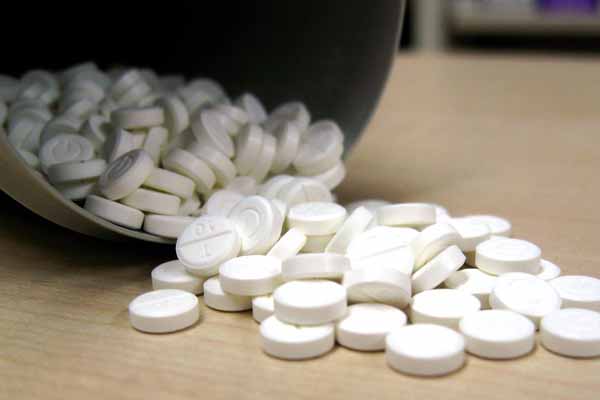
The Food and Drug Administration (FDA) has approved over-the-counter sales of the opioid-reversing medication Narcan nasal spray – a move Texas physicians have long championed.
The FDA’s goal is to make Narcan, or naloxone, more widely available so that more people can prevent opioid overdoses, says Mesquite pain management specialist C.M. Schade, MD, a member of the Texas Medical Association’s Subcommittee on Behavioral Health.
An opioid overdose slows respiration until a person stops breathing, he says. “After that, you have about five minutes before you’re brain dead. So, what that means is that you have to have [Narcan] rapidly available.”
The FDA’s approval followed the unanimous recommendation from 19 members of a joint meeting of the Nonprescription Drugs Advisory Committee and the Anesthetic and Analgesic Drug Products Advisory Committee.
“It’s rare that you’ll have a fully unanimous vote,” said Michael Sprintz, DO, a Houston-area specialist in addiction, pain medicine, and anesthesia who was a voting member on the joint committee. “[Narcan] already has been shown to at least make a dent in overdoses and the survival of overdoses.”
And it’s “incredibly safe,” posing no safety risk for the public, even for children, says Austin addiction psychiatrist Carlos Tirado, MD, also a member of TMA’s Subcommittee on Behavioral Health.
Dr. Sprintz recommends physicians and other health professionals prescribing opioids prescribe naloxone as well. He also hopes the FDA decision will promote advocacy to make Narcan widely available in homes, first-aid kits, and public places where emergency equipment is available, and to further education efforts so that people know how to use Narcan – and to call 911 even if the patient who overdosed seems fully recovered.
“Depending on the type of opioid causing the overdose, you can get re-narcotization, where the naloxone wears off and [the patient] is overdosing again,” he said.
It remains unclear, however, how much manufacturers will charge for naloxone products or if health insurance companies will cover any of the cost and the impact on accessibility, Dr. Schade cautions.
Illicitly produced fentanyl causes most opioid overdoses in the U.S. and Texas. Texas saw around 200 deaths associated with fentanyl in 2018, but that rose to more than 1,600 by 2021, according to the latest data from the Department of State Health Services. In 2021, fentanyl was tied to 95% of all unintentional synthetic opioid deaths in the state, the agency says.
Fentanyl can be 50 times stronger than heroin and 100 times stronger than morphine, according to the Centers for Disease Control and Prevention. It is often mixed with other drugs to make them more potent and more addictive.
Get the latest opioid news, education, and resources in TMA’s Opioid Crisis Resource Center.